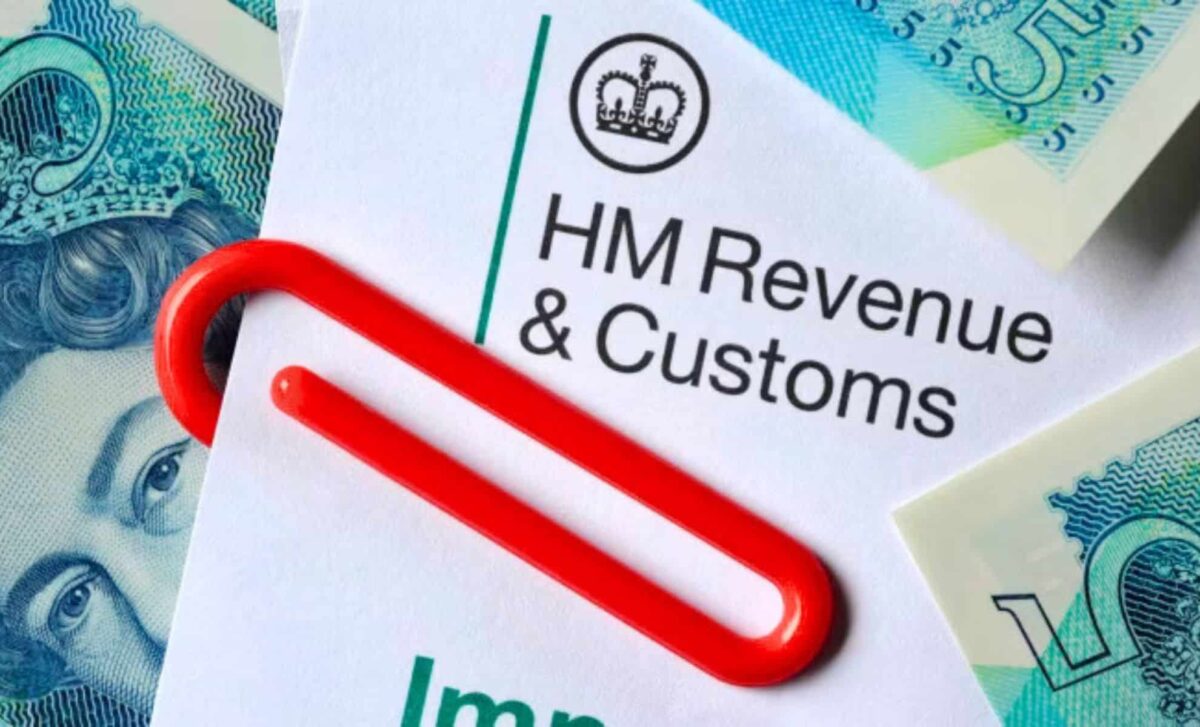The Labour government under Sir Keir Starmer is reportedly exploring potential changes to inheritance tax (IHT), which could tighten regulations on gifts given by parents to their children.
Currently, inheritance tax is paid on the estates of deceased persons, but new measures may increase the tax burden on families that have gifted money or assets during the last seven years.
Inheritance tax is applied at a rate of 40% on estates exceeding the £325,000 threshold. However, families can currently reduce their tax liability through various reliefs, including the seven-year gifting rule.
Under this rule, gifts made between three and seven years before death are taxed on a sliding scale known as taper relief.
Tighter Gifting Rules Under Consideration
Ian Dyall, head of estate planning at Evelyn Partners, discussed the probable ramifications of a more stringent inheritance tax policy. He stated that the government might narrow current loopholes, making it more difficult for families to avoid paying inheritance taxes by giving assets before death.
Dyall noted that the seven-year gifting rule allows most gifts to leave a donor’s estate after seven years, reducing the tax owed.
However, annual gifting limits, which apply to smaller gifts, have remained static for over four decades, leaving little flexibility for families to avoid tax.
He suggested that the government could extend the seven-year rule or abolish taper relief, which reduces the tax rate to as low as 8% after two years.
This move, though, could face challenges if applied retrospectively and may hinder the transfer of wealth to younger generations, potentially slowing down economic activity.
Potential Impact
If the Labour government proceeds with these changes, families could face higher inheritance tax bills, especially if they have transferred significant assets within the seven-year period. However, experts believe the likelihood of retrospective measures being introduced is low.









